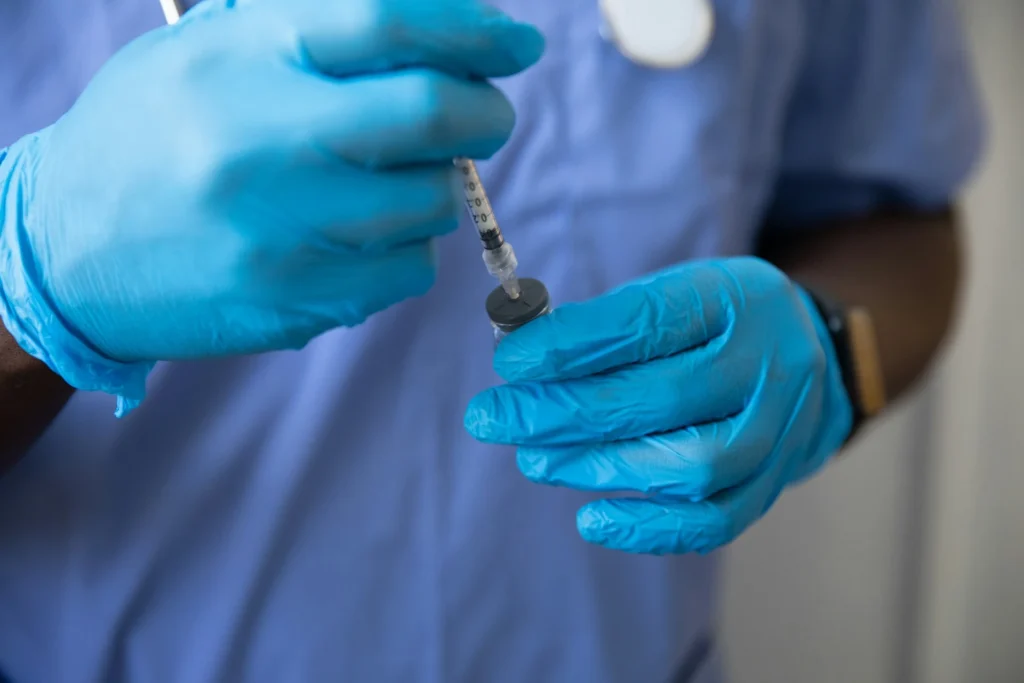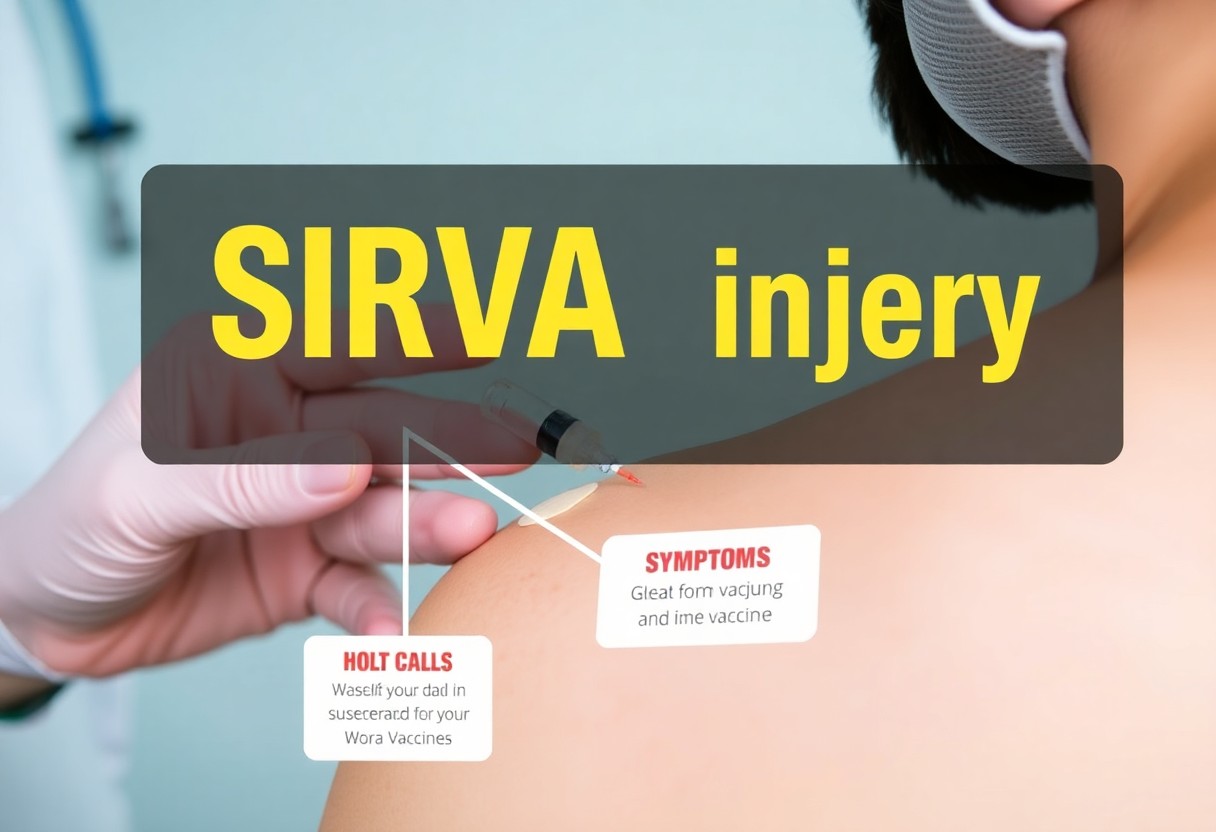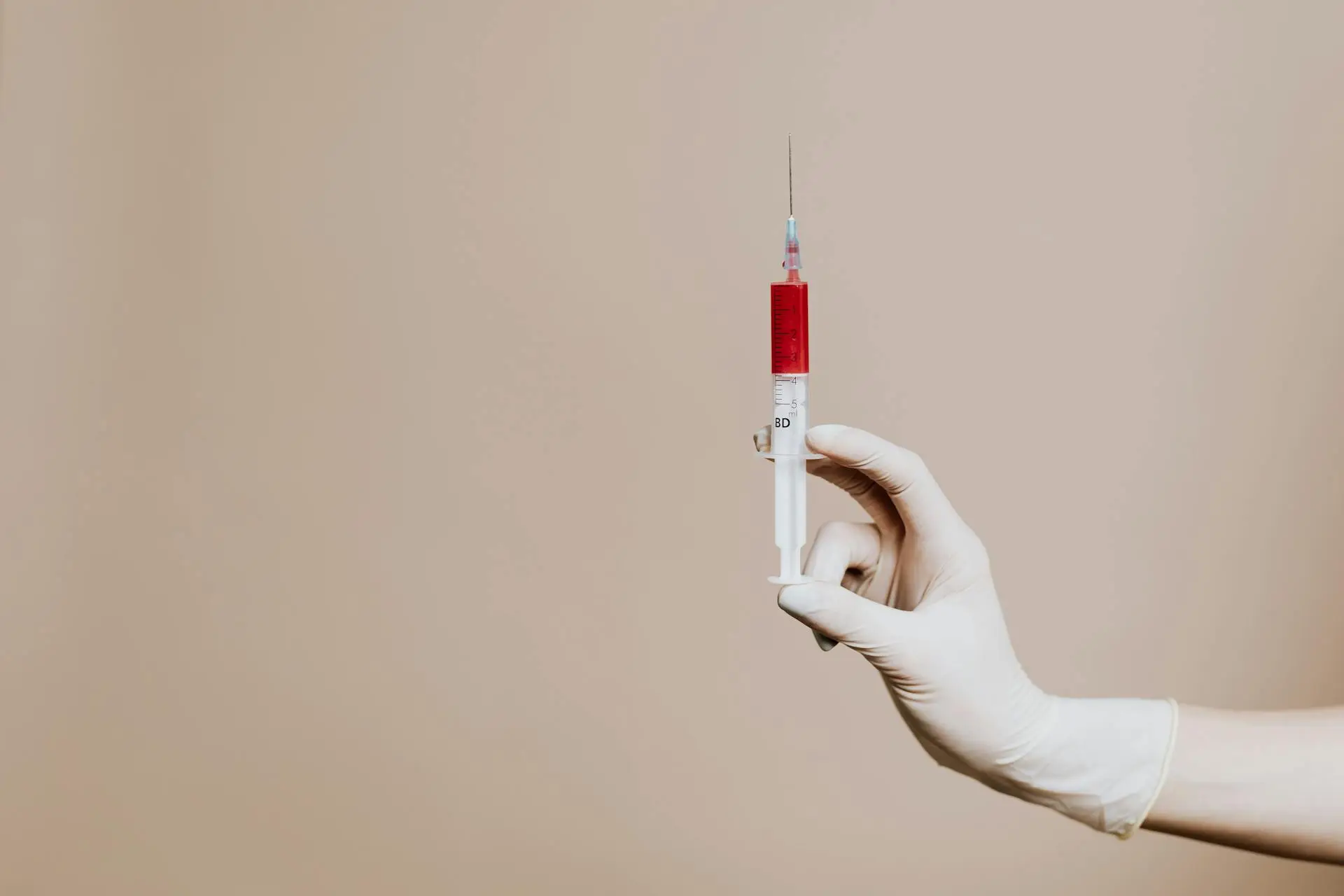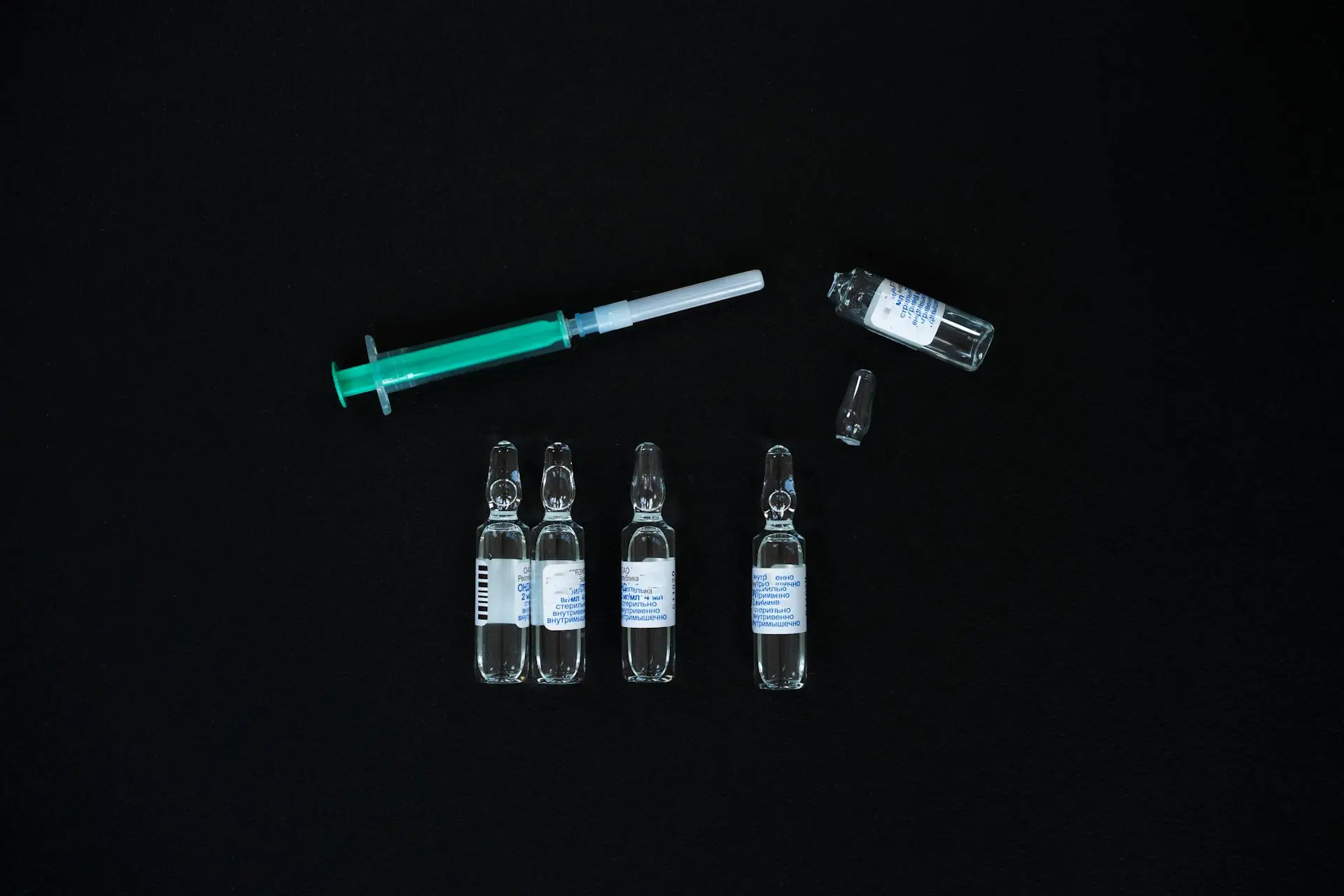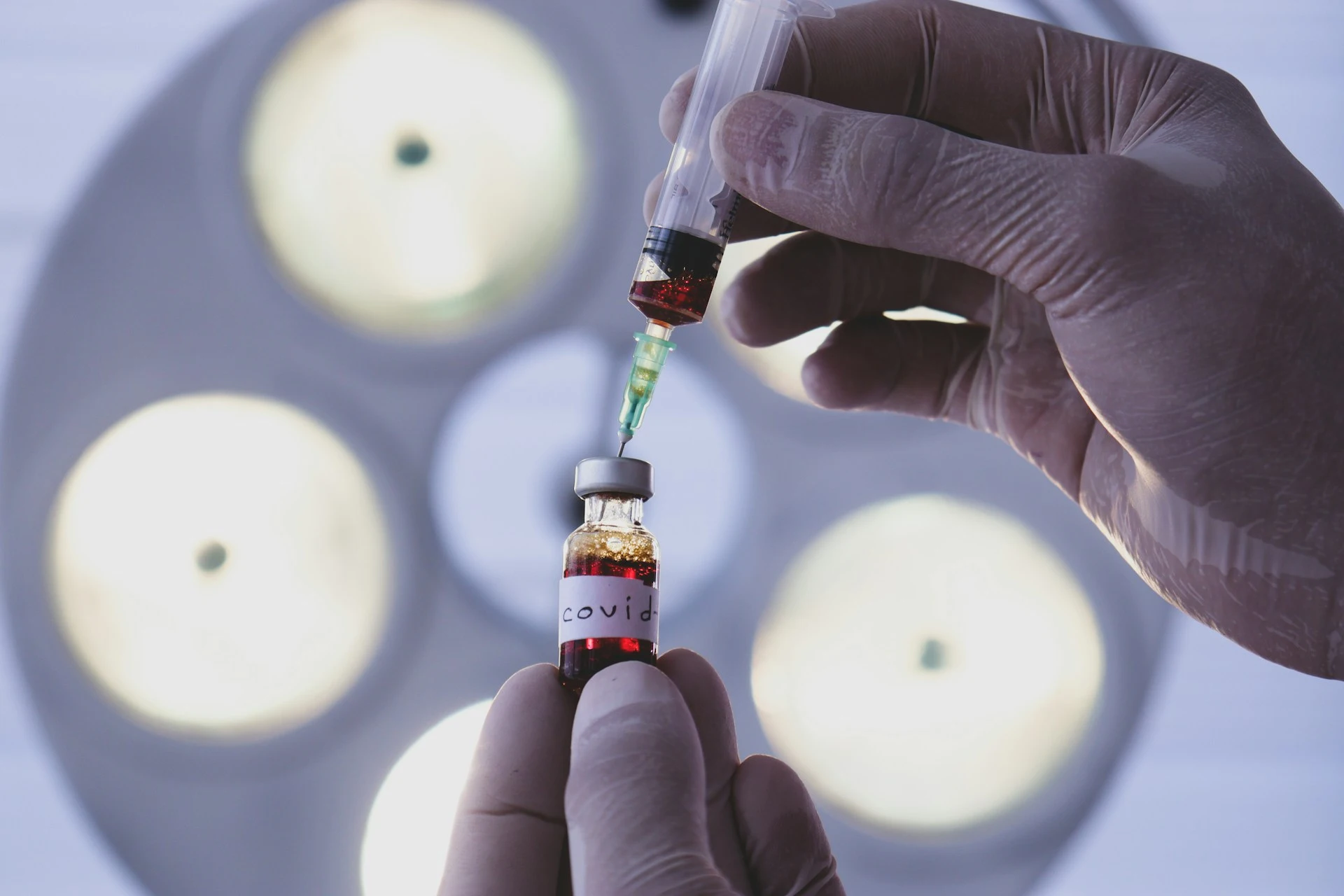Vaccines are crucial for public health. They help prevent serious diseases. But sometimes, vaccines can cause problems. One such issue is called SIRVA, or Shoulder Injury Related to Vaccine Administration. Let’s explore what SIRVA is and which vaccines are often linked to this condition.
What is SIRVA?
SIRVA occurs when a vaccine is improperly given in the shoulder. Instead of going into the muscle, the needle may hit the bursa. This mistake can cause pain and discomfort that lasts longer than normal soreness from a shot. The shoulder can feel stiff or sore, and daily activities might become tough.
If you want to know more about SIRVA, you can check out these resources from the CDC. They explain how to identify and report vaccine-related injuries, especially SIRVA. But it’s important to know that not all vaccines lead to SIRVA.
Which Vaccines are Linked to SIRVA?
Certain vaccines are more commonly linked to SIRVA than others. Here are the main ones:
Influenza Vaccine: This vaccine is very popular during the flu season. It’s often given in the upper arm. Improper injection methods can lead to SIRVA.
Tetanus, Diphtheria, and Pertussis Vaccine: This vaccine combo is given to protect against three serious diseases. When injected incorrectly, it can also cause SIRVA.
COVID-19 Vaccines: Recent vaccines like Moderna and Pfizer have become essential for fighting COVID-19. They can sometimes cause shoulder injuries if not administered properly.
Hepatitis Vaccines: The hepatitis A and B vaccines can cause similar issues when injected into the wrong area.
For more information, you can visit the World Health Organization for global vaccine safety data. It’s crucial to understand the link between these vaccines and SIRVA to prevent injuries.
How Does SIRVA Happen?
SIRVA happens mainly due to improper administration. Here are common causes:
- Needle Insertion: If the needle is inserted too high or at the wrong angle, it can hit the bursa instead of the muscle.
- Inexperienced Administrators: Sometimes, those giving the vaccine may not be properly trained. This can lead to mistakes.
- Inappropriate Sites: Vaccines should be given in specific parts of the shoulder. If the right area is not used, injuries can occur.
Understanding these factors can help everyone avoid SIRVA. It’s important for healthcare providers to be well-trained in proper vaccination techniques. This enhances patient safety. Check more about injection techniques and its importance at the American Academy of Pediatrics.
What Are the Signs and Symptoms of SIRVA?
Recognizing SIRVA early can make a big difference. Here are some signs to watch for:
- Persistent Pain: Pain that lasts beyond a few days after vaccination.
- Stiffness: Difficulty moving your shoulder.
- Swelling: Swelling around the injection site may happen.
- Weakness: A feeling of weakness in the shoulder muscles.
If you notice any of these symptoms, it’s important to seek medical attention. Early diagnosis and treatment can help.
You might also want to learn more from NIH’s National Library of Medicine about research and treatment options for vaccine-related injuries.
Who Is at Risk for SIRVA?
While anyone can develop SIRVA, certain factors can increase risk:
- Individuals with Previous Shoulder Injuries: If you’ve had shoulder problems before, you may be at higher risk.
- Older Adults: Aging can change how muscles and tissues behave.
- Patients with Certain Medical Conditions: People with chronic conditions might be more susceptible to injuries after vaccinations.
It’s essential for individuals, especially those at risk, to talk to their healthcare providers before getting vaccinated. Providers can help assess risks and provide guidance on how to avoid complications.
What Should You Do If You Experience SIRVA?
If you suspect you have SIRVA, take the following steps:
Seek Medical Help: Contact your doctor for an evaluation. Early treatment is key.
Document Everything: Keep notes of symptoms and any medical visits. This may help if you need to pursue a claim later.
Learn About Your Rights: Depending on where you live, there might be compensation programs for vaccine-related injuries. You can check the National Vaccine Injury Compensation Program for more information.
Join Support Groups: There are communities for people suffering from SIRVA. Connecting with others can provide emotional support.
Preventing SIRVA
Prevention is always better than cure. Here’s how to help avoid SIRVA:
- Choose Trusted Providers: Always go to trained professionals for vaccinations.
- Ask Questions: Don’t hesitate to ask how they will administer the vaccine.
- Understand Techniques: Learn about the safe handling of vaccines. Resources are available on sites like VaccineFacts.
Implementing these practices can help everyone receive their vaccines safely.
Conclusion
SIRVA is a real concern but is preventable with care. Being aware of the vaccines that can cause it helps everyone stay informed. Remember, improper administration is the main issue. Knowing what to look for can help you act quickly if needed.
Vaccination is important for your health. Do not let fear hold you back. Stay informed and talk to your healthcare provider about any concerns. For more info, check additional health resources like Healthline.
FAQs
What is SIRVA?
- Shoulder Injury Related to Vaccine Administration (SIRVA) is an injury caused by a vaccine being improperly administered into the shoulder area.
Which vaccines are most commonly linked to SIRVA?
- The influenza vaccine, Tdap, COVID-19 vaccines, and hepatitis vaccines are most often linked to SIRVA.
What should I do if I suspect I have SIRVA?
- Seek medical attention, document your symptoms, and inquire about compensation options. Connecting with support groups can also be beneficial.
If you suspect you have SIRVA or are experiencing persistent shoulder pain after a vaccination, it’s important to act quickly. Contact Consumer Help Group for expert assistance with vaccine-related injury claims. Our experienced team can guide you through the process of seeking compensation, connecting you with the resources you need, and ensuring your rights are protected. Don’t navigate this alone—reach out today and let us help you get the support and resolution you deserve.


